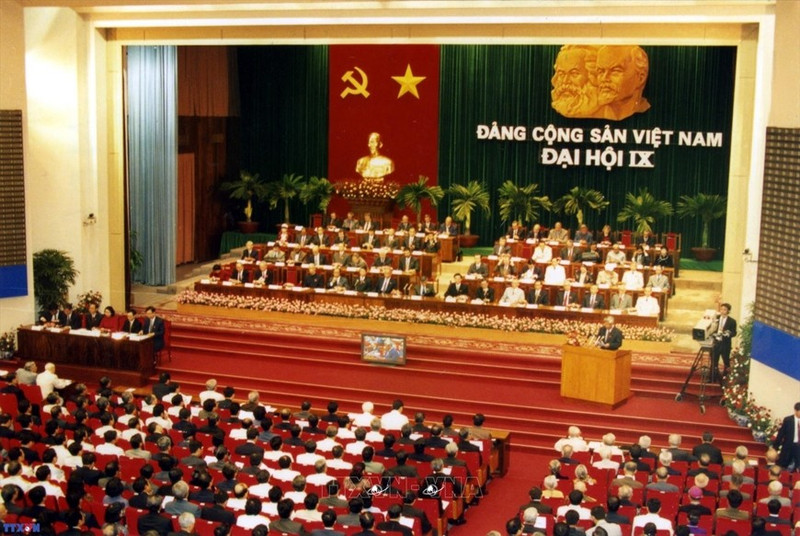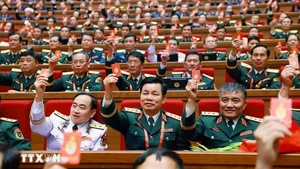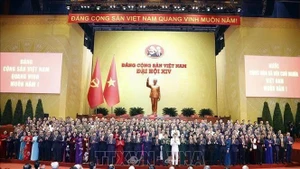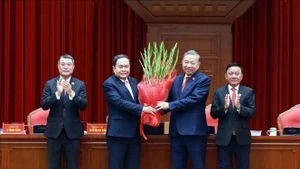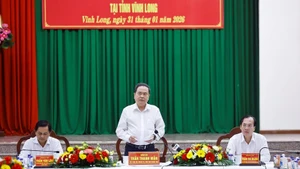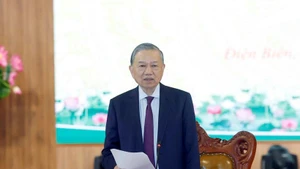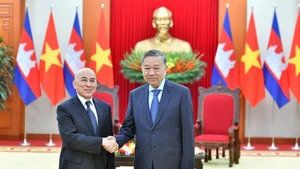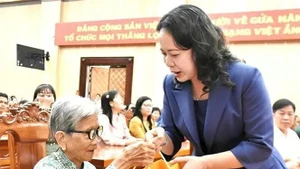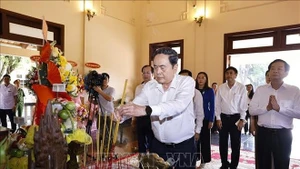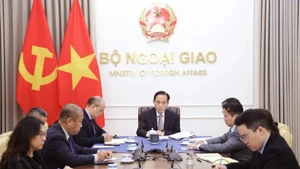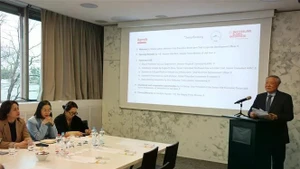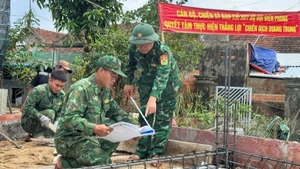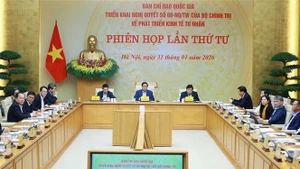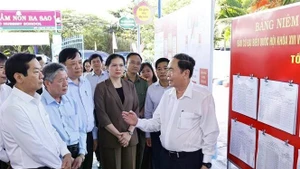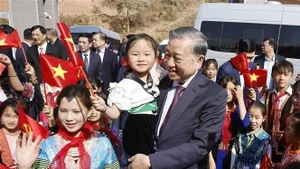The Congress had a historic mission: to review 71 years of Party leadership, summarise five years of the 8th Congress, 15 years of Doi moi (renewal), and 10 years of implementing the socio-economic strategy, drawing lessons for renewal and development, and formulating strategies for the first two decades of the 21st century.
The Congress assessed that 10 years of implementing the Socio-economic stabilisation and development strategy (1991–2000) had yielded major achievements: GDP in 2000 was more than double that of 1990, the country had overcome the socio-economic crisis, and national strength had increased markedly.
15 years of renewal (1986–2000) provided valuable lessons: Maintain steadfast commitment to national independence and socialism based on Marxism-Leninism and Ho Chi Minh Thought; ensure renewal is rooted in and serves the people, aligned with reality, and always innovative; combine national strength with global trends; a correct Party line is the decisive factor for the success of renewal.
The Congress affirmed that the Party and State would consistently implement a policy of developing a multi-sector commodity economy operating under a socialist-oriented market mechanism — the socialist-oriented market economy.
In terms of Party building, the Congress emphasised continuing resolutions on Party development, especially Resolution 6 (Session 2) of the 8th Party Central Committee, focusing on: Strengthening political and ideological education and revolutionary ethics, combating individualism; Renewing cadre work; Consolidating grassroots Party organisations; Innovating Party leadership methods.
The Congress adopted amendments to the Party Statutes.
The Congress elected the Party Central Committee of 150 members.
The Party Central Committee elected the Politburo of 15 members, and the Secretariat of 9 members.
Comrade Nong Duc Manh was elected General Secretary.
(Compiled from: Complete Collection of Party Documents; tulieuvankien.dangcongsan.vn)
GENERAL CONTEXT
1991–2000: Ten years implementing the stabilisation and development strategy; GDP in 2000 doubled from 1990.
April 19–22, 2001: The 9th Congress reaffirmed the socialist-oriented market economy.
2001–2005: GDP grew 7.5% per year, exceeding targets.
2001–2010: Ten-year development strategy aimed to lift Viet Nam from underdevelopment.
DOMESTIC SITUATION
After 15 years of renewal, Viet Nam’s position and strength grew significantly. However, challenges persisted — economic lag behind regional peers, potential deviation from socialism, corruption, bureaucracy, and hostile “peaceful evolution” schemes.
GDP in 2000 was more than double 1990’s level; the country had exited crisis; national capacity was much stronger.
The socialist-oriented market economy: Develop a multi-sector market economy under socialist orientation, with state management.
Goals for 2001–2010: Double GDP from 2000 levels; reduce agricultural labour to about 50%; internal accumulation to exceed 30% of GDP.
INTERNATIONAL SITUATION
The end of the 20th century and the entrance to the 21st century. Globalisation is taking place strongly
Bilateral and multilateral relations between countries are increasingly deepening in many fields.
Scientific and technological revolutions — especially in information technology and biotechnology — advanced rapidly, driving the knowledge economy and transforming global structures.
September 11, 2001: The terrorist attacks in the US reshaped global geopolitics; the US launched a global war on terror.
Viet Nam deepened international integration: signed the Viet Nam–US Bilateral Trade Agreement (2001), prepared for WTO accession, and attracted strong foreign direct investment (FDI).
